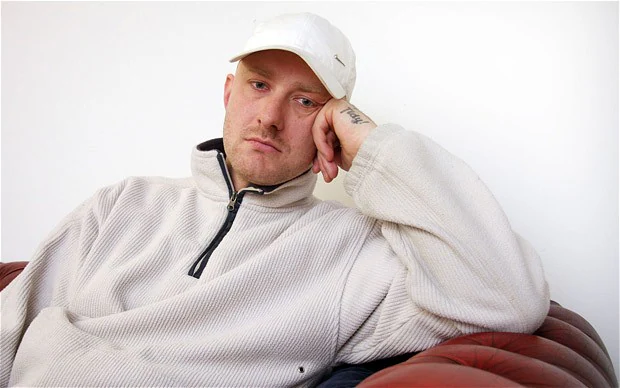The Emergence of a Cultural Label
Over the past year, I’ve watched with growing unease as the term “feckless father” has taken root in popular culture. It’s a phrase dripping with contempt—one that suggests men who are careless, irresponsible, and morally lacking. Yet, behind its casual use lies a deeper cultural double standard that deserves to be examined. We all agree that children need active, loving fathers, but the debate has become unbalanced, focusing almost entirely on male failure while ignoring the broader context of family breakdown.
Understanding Father Absence and Its Impact
There’s no doubt that growing up without a father has serious consequences. Research consistently shows higher risks of poor academic performance, behavioural problems, substance misuse, and even gang involvement among children without paternal involvement. According to the U.S. Centers for Disease Control and Prevention (CDC), father absence correlates strongly with emotional and social difficulties later in life. This is why the topic demands nuance rather than stigma.
The phrase “feckless fathers” draws a sharp moral line: if a child grows up without a father, it must be because the man failed. But relationships—and parenting—rarely fit into such simple binaries. A man may be desperate to stay involved yet face barriers from custody arrangements or unresolved hostility. As explored in Fathers’ Mental Health Impacts on Their Children, many men struggle emotionally after separation but lack social support or understanding from family courts.
Shared Responsibility, Not Blame
We must acknowledge both sides of the equation. Feminism has long fought—rightly—for a woman’s right to control her fertility and to choose whether to have children. But with choice comes responsibility. If a woman decides to have multiple children in unstable circumstances and limits the fathers’ access, the outcome cannot rest solely on men’s shoulders. As argued in Mothers Who Punish Fathers, parental alienation and weaponized custody battles can inflict as much damage on children as physical neglect.
The solution lies in promoting responsible co-parenting and emotional maturity from both genders. Men must step up to their parental roles even when relationships fail, while women must recognize the importance of fostering father–child bonds. True equality means shared accountability, not selective judgment. The emotional and social well-being of children depends on it.
Reframing the Conversation
Instead of vilifying “feckless fathers,” society should focus on rebuilding healthy models of masculinity and parenting. Fathers who feel excluded often disengage further, creating a cycle of absence and resentment. Encouraging emotional resilience, open dialogue, and mental health support—like the practices discussed in Ego Strength and Personal Development—can help men maintain self-worth and connection to their children even amid conflict.
Ultimately, we must stop treating fatherhood as a moral failing and start treating it as a shared social responsibility. Every child deserves the love, guidance, and protection of both parents, not the fallout of an ideological blame game.


